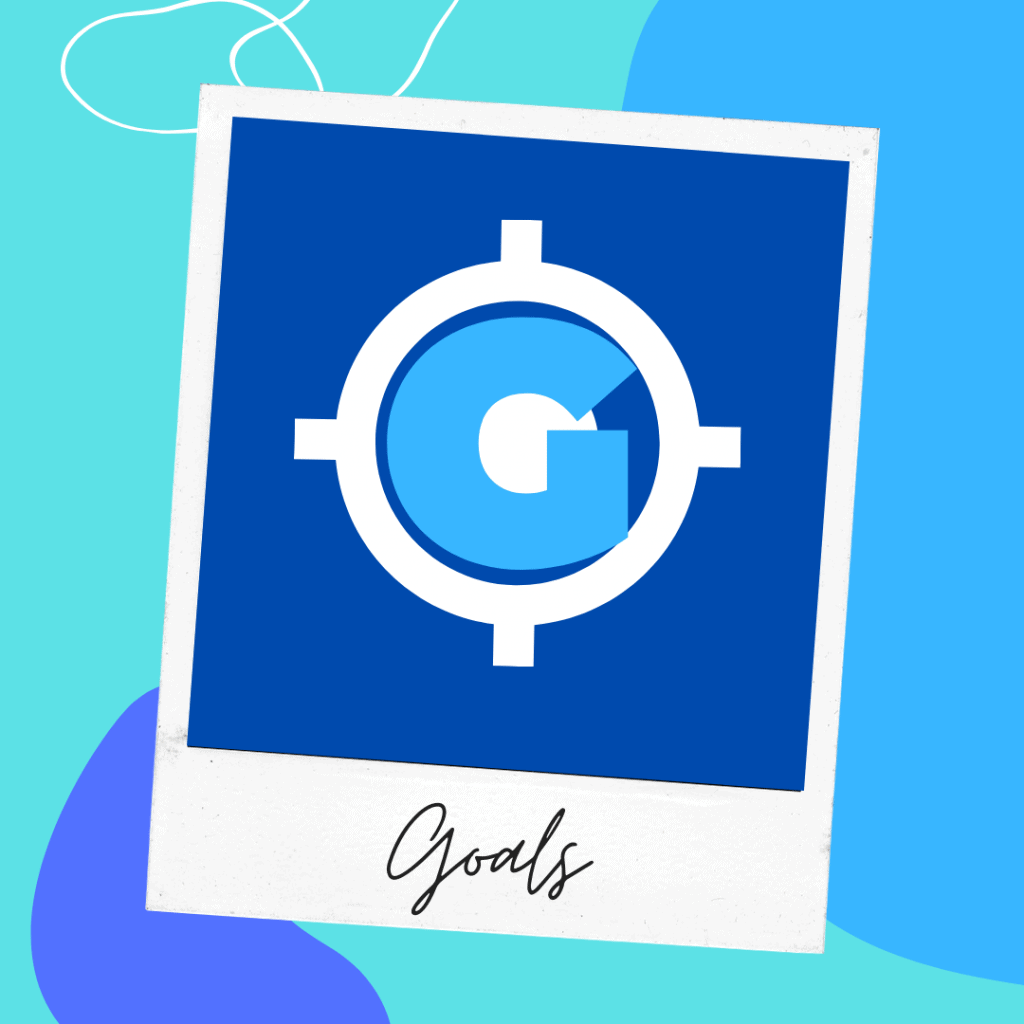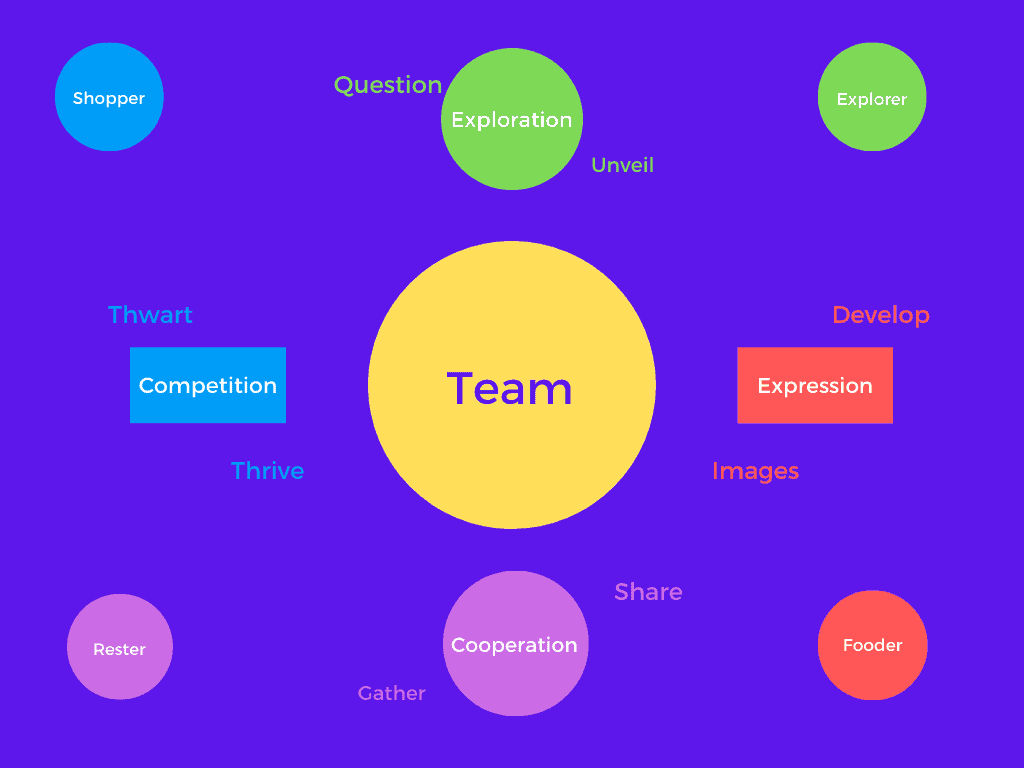
- Graphic artist, Musician, Programmer, Scenarist, Quality controller, you design games.
- Board, Cards, Code, Graphics, Themes, you design games.
Why Travel?
If you are creating a World, you ought to know this One.
Here’s where you could start:
- Work with limitations
- Create your World with Mind Maps
- Compose a travel Diary
- Buying Memories
- Landmarks, the Soul of a Nation
- Restaurants & Cafes, for you & your players
- Create a Continent
- Parks – The Game’s Hub
- Artistic Awareness – What’s Fun?
Learning to work with limitations

- Limited Material & Tools
- You don’t need a desk to be productive.
- No internet is the best way to come up with new designs & Ideas.
- A 200 pages moleskin journal is enough.
- Limited Time
- Having less time to create your next project will force better result.
- Less time means less time to hesitate.
- Think crucial features through & implement.
- Focus on 1 project or have multiple one?
- How long is your trip?
- You’re visiting Italy for a week , can you get a Book out of it?
- How many settings are you visiting? 1 piece = 1 setting?
- Should you create a Pamphlet for this City, this Country?
Your essentials:
- A small notebook + Post-it (to create categories)
- Multiple 4-colors pens (for Mind mapping)
- A Camera (for photo references)
- Your phone (Interviews, post on social & check you mails)
- Your laptop (Books & Graphic design)
- A 512GB Flash drive (if you can’t trust Clouds)
Create your World with Mind Maps
- Mind maps are by far the easiest way to collect & process data.
- Wherever you are interviewing someone or taking notes about a specific setting, that will serve as the Game Hub, it is the way to go.
- After practicing for 4 years you could put 500 pages books onto 4 sheets of paper without losing any substantial information.
- This way you could already write the game’s manual.
- The Process:
- Take a piece of paper horizontally, separate it in 4 equal sections with 2 diagonals.
- Trace 4 circles/ovals/squares/the shape your prefer with 4 different colors, (a 4-color Bic is the easy way to go).
- Choose 4 topics you want to study.
- Or the main 4 parts of your next project.
- As you use it more & more you’ll realize you’ll need more than 4 topics.
- In the early stages it’s more convenient to synthesize.
- A Game has 4 main elements: Story, Graphics, Music & Programming.
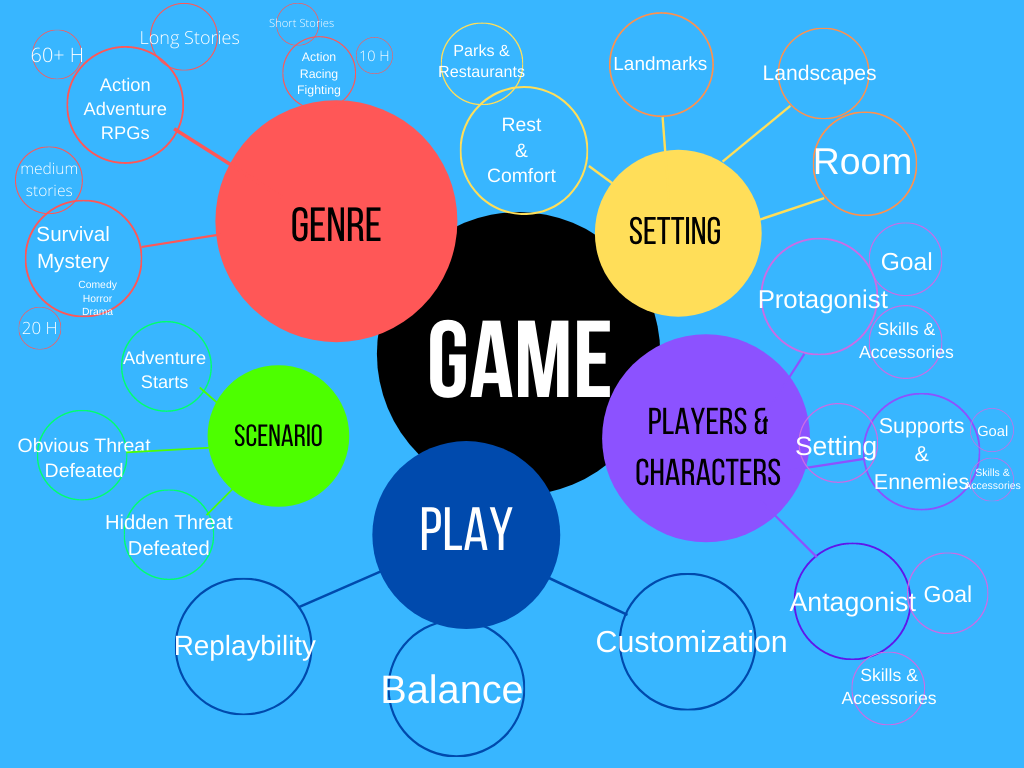
Compose a Vibrant Game Manual
- You notebook has 4 sections: Story, Graphics, Music & Programming.
- Of course this is a basic overlay as every topic in intertwined with all the others.
- And Gameplay is developed through each of them.
- Keep a Programming section even if you’re not developing a video game.
- There will always be some Algorithmic in every game.
- Developing a quick Player-Behavior schema is always a good idea in order to determine how the game may end.
- Use Post-it to separate your 4 sections (and eventual subsections).
- While visiting take visual notes, sketch the important settings to anchor them into your world dynamics.
- Sketch cartoon versions of the people around to define your characters physical archetypes.
- Color is the way to go.
- Make this booklet for you.
- Exaggerate, dramatize, so that other people will want to read it.
- Design clean logigrammes as easy to read procedures.
- Most of the rules should come directly from the game design, but this journal is for you to have fun.
Buying Memories

- Looking for Rare Items?
- Looking for a symbol, an emblem for your game?
- Or an accessory for your character?
- Antique shops will give you the inspiration you need.
- Look for foreign objects.
- Look for useless objects with great design.
- Buyback your Childhood memories.
- What’s that small box that can contain nothing?
- You can’t put nothing inside it, because it’s already full of circuits!
- You could also go for Brocantes or Brokers.
- Both have uniques items to sell, if you are willing to ask?
- What’s the most expensive item you have?
- What’s the most useless item you have?
- What’s the most ludicrous item you have?
- Will you sell it to me?
- Get in with your own stuff & see if you can trade.
- Looking for Rare consoles & board games?
- Visit Game & electronic shops.
- Ask around:
- Can I have 30% off of this PS1?
- Do you have a Japanese Dreamcast?
- Do you have a Super Famicom?
- Do you have 1st edition Alpha & Beta cards?
- Anything for the Urza trilogy?
- Look for rare pieces, 1st editions, limited editions on a discount.
- Look for Games, especially board & card games, you couldn’t find anywhere else.
- Visit Discount Stores.
- Ask if they have some extra cards, board games, they would like to liquidate.
- You won’t be able to find these things online.
- Play again.
- Watch the products carefully & remember.
- Did you find this 1996 Yu-Gi-Oh! booster packs that were only sold in Japan?
- Or the 2004 north american Magic Ruler/Metal Rider?
- Meet fellow Gamers.
- Ask for recommendations.
Landmarks, the Soul of a Nation

- If you are building a world this is the place to start.
- Make a list of x landmarks to visit, 1 per day.
- Make a list of the questions you are going to ask/ask yourself.
- What type of Landmark is this?
- Tower?
- Library/Museum?
- Transportation system?
- Gardens?
- What does the Monument looks like, from the outside?
- From the inside?
- Observe people around you, are they happy to be there?
- Are they tourists or locals?
- Asking for the Landmark’s history is the best way to know the place.
- Ask for a Guided tour to fill the blanks & you’re ready to go.
- Create Context for the player.
- Where does you game take place?
- Do you have a clear idea on how you’ll build your settings?
- What is the atmosphere?
- What are the resources?
- Who are the inhabitants?
- How’s the wildlife?
- Are you building a full scale adventure game or a 1-room survival?
- Will you focus on Exploration, Sagas, Epics?
- Or more intimate and smaller scales games?
Restaurants & Cafes, for you & your players

- An Inn by the lake?
- Is this a survival-horror?
- A point n’ click mystery?
- A mix of the former 2?
- Does it have comedic elements?
- Dramatic elements?
- Surely, all of this would work very well.
- If you can make the setting more alive, more human.
- How do you make it?
- Observation.
- How’s in the interior design?
- How’s the furniture?
- The structure of the building?
- Why does this Inn need a small library?
- What are those noise coming from the kitchen nobody else seems to hear?
- Who are the people? Both customers & employees.
- What do they wear?
- How do they act?
- Why does this man keep put his hat on & off?
- What did this woman hid in her purse?
- You could completely reinvent Clue.
- Try to mix it with Monopoly in create mechanics such as Clue transactions, or common clue pot.
- Think about penalties such as a room that will serve for temporary custody and/or interrogation.
- Imagine a how quick game could develop.
- Mystery.
- Clues.
- Hypothesis.
- Revelation.
- Imagine 3 quick characters.
- Solver (goal + skills/accessories).
- Leader (goal + skills/accessories).
- Conscience (goal + skills/accessories).
- Imagine the tools you’ll have access to.
- Cards, dices, boards, notepads, life-counters, coins/tokens.
- Try this in multiple locations, not just inns.
Create a Continent or more
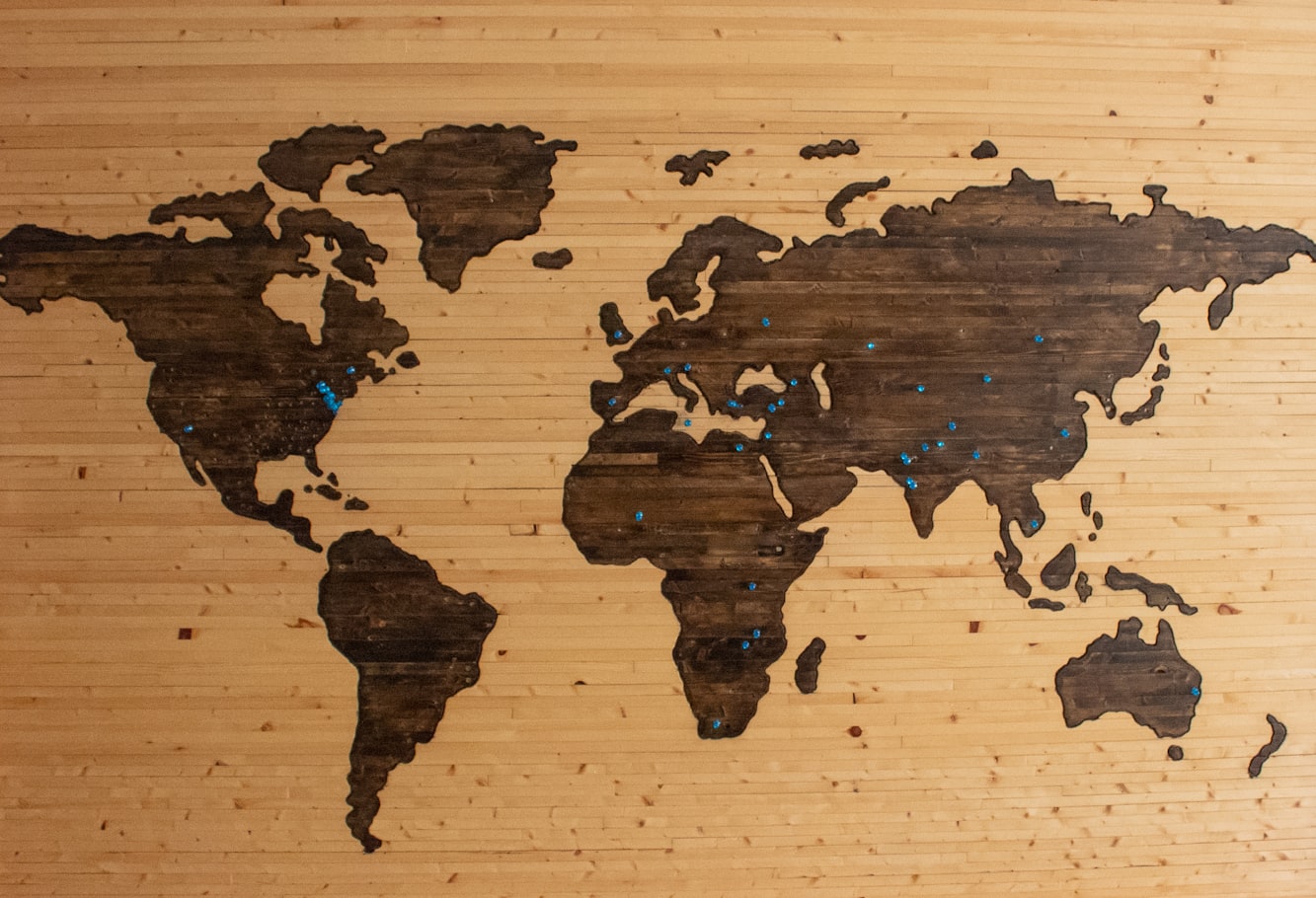
- Your journey begins before you quit home.
- Plan your schedule beforehand to optimize your travel time.
- You can get access to valuable places and people to collect unique information.
- And start.
- Traveling by land is cheaper.
- It’s also generally easier if you don’t need a visa or have to learn a new language every time you move.
- Though it could be a missed opportunity.
- Speak with the inhabitants.
- Collect rules of local games you couldn’t find in books.
- Ask for local versions of a popular games.
- Ask why they didn’t like the rule they replace.
- Ask why they never read the rulebook.
- Would recreate the US?
- What’s the most popular game in every state?
- In every city?
- Take a landmark/landscape you like and just add some Thematic contrast.
- Make a game with the Architecture.
- It doesn’t have to be a Sim game…
- Same thing if you’re living in Europe.
- The Latin culture in the west, the Germanic culture in the north & the Slavic one in the east.
- Start your trip in Lisbon and then all the way to Minsk.
- As you go around mix & match cultures, monuments, plants, wildlife and so on.
- That’s the way to create new unique environments & characters.
Parks – The Game’s Hub

- Parks are the ideal location to rest & focus at the same time.
- Find inspiration in grassland?
- Is there a cafe around?
- Do you have a favorite dish?
- An evergreen treat?
- Then, treat yourself.
- That’s part of the creation process.
- You need to refuel this jauge called motivation.
- By thinking about new projects?
- By imagining your next composition on that little piece of napkin.
- Or just by resting…
As usual, look around:
- Observe the people to identify character traits.
- Listen, for dialogues & game mechanics.
- Watch at the Setting & Environment and describe it.
- Write down good design choices around you
Look for the mixes of Green & Blue.
- Today was a journey, tomorrow will be too.
- What are the after effects of this journey?
- What have you learned today?
- What will you do tomorrow?
Have you ever wondered why we feel at ease in Parks?
Artistic Awareness – What’s Fun?
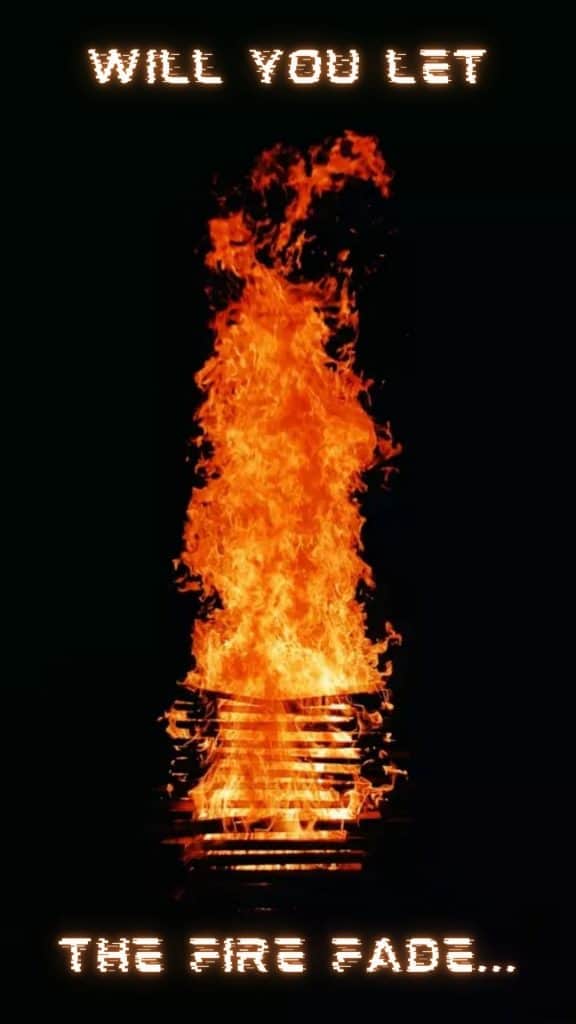
- What makes you happy?
- What makes you fulfilled?
- Will you visit Italy before Germany?
- Will you visit the whole Japan or just Tokyo & Kyoto?
- What makes you travel more?
- Or travel at all?
- You may be aware that travel is good for developing your observation & design skills?
- But what does it bring to you?
- Do you need to travel abroad?
- Or just to your hometown?
- Do you want to create Characters?
- Do you want to create People?
- Do you want to create Settings?
- Do you want to build Planets?
- What were you doing before Game Design?
- If you have a background in Mathematics or Programming that will surely help you realize how valuable the experience was?
- Are you artist or a writer?
- Do you still play with the page?
- Or is it painful to put ink on paper?
- Were you a musician?
- Are you still a musician?
- Do you believe Music is integral to Game Design and isn’t just an extra?
- If you’ve ever played Silent Hill you probably do…
- Where were you when you made your 1st game?
- Where did you bought your 1st game?
- Where did you play your 1st game?
- Do you return to this place regularly?
- Do you still buy the MTG/YGO cards from this local game store you pick your 1st booster from?
- That’s travelling…
- In time.

